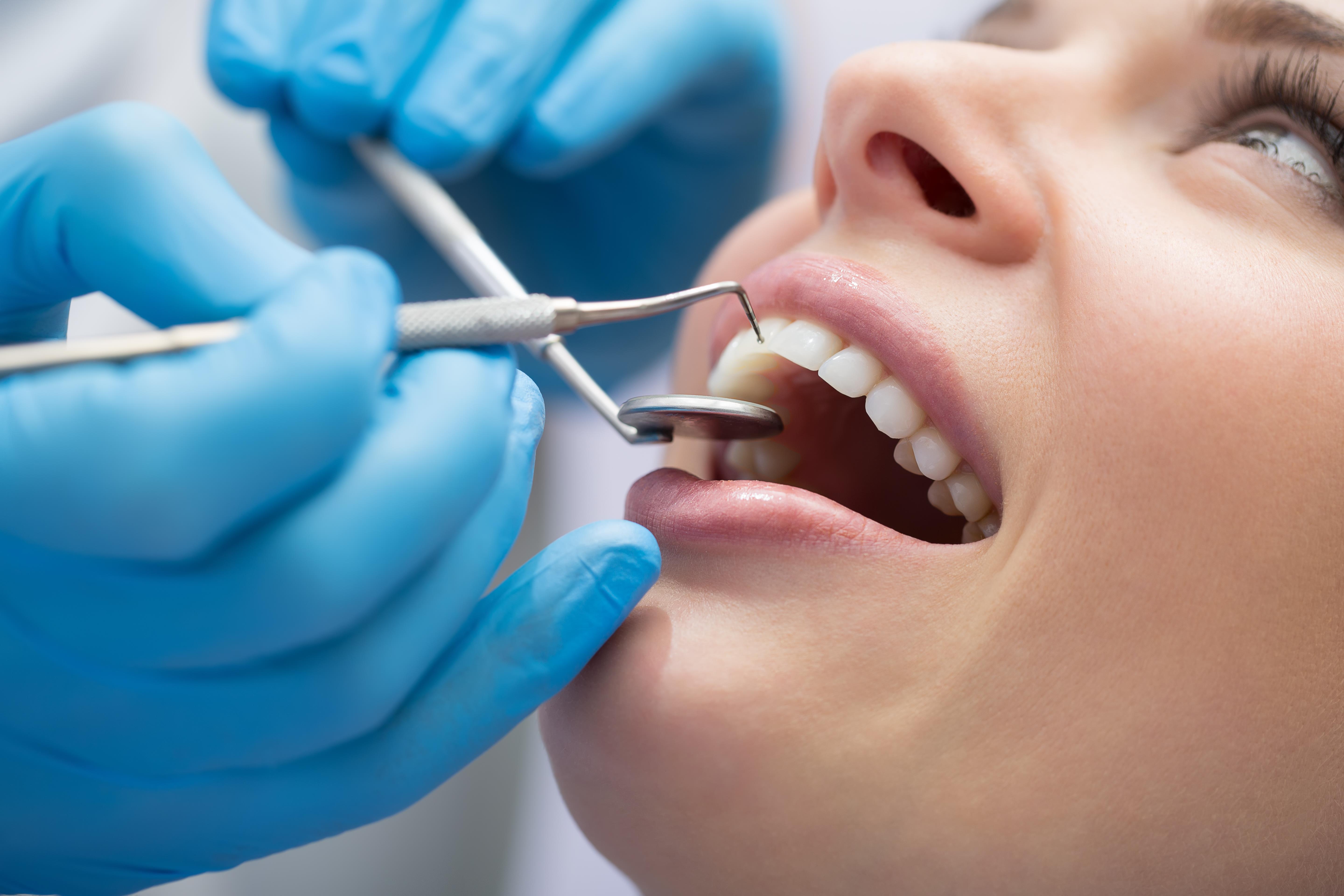The Advantages of Routine Appointments to a Dentist Eugene Oregon
The Advantages of Routine Appointments to a Dentist Eugene Oregon
Blog Article
Learn Concerning Frequent Dental Problems Your Dentist Can Deal With
Comprehending regular dental worries is essential for keeping ideal dental health and wellness. Problems such as dental caries, gum tissue disease, tooth level of sensitivity, foul breath, and dental caries prevail yet usually ignored till they come to be serious. Dental experts have the competence to detect and deal with these problems, therefore protecting against additional complications. Routine oral visits and individualized care strategies can attend to these problems successfully, guaranteeing a much healthier and brighter smile. Yet what particular therapies do dental practitioners employ to deal with these problems, and just how can early treatment make a difference? The response to these inquiries use useful insights into securing your dental health and wellness.
Cavities
Dental caries, also referred to as dental caries, are a widespread dental wellness issue triggered by the demineralization of tooth enamel as a result of acid production from microbial plaque. This procedure starts when microorganisms in the mouth metabolize sugars and starches from food, generating acids that wear down the enamel. Otherwise attended to quickly, this disintegration can permeate much deeper right into the tooth, impacting the dentin and ultimately the pulp, potentially causing severe pain and infection.
The very early stages of tooth cavity development frequently existing as white places on the tooth surface, indicating initial demineralization. As the procedure advances, these spots can turn into black or brown sores, representing extra comprehensive degeneration. Regular dental exams are important for very early detection, as tooth cavities in their incipient stages can be treated with remineralization methods, such as fluoride therapies.
Once a tooth cavity has actually formed, corrective intervention is required. Dental professionals commonly get rid of the decayed part of the tooth and load the cavity with materials such as composite material, amalgam, or ceramic. In extra extreme cases, a crown or root canal therapy may be needed. Safety nets, including good dental hygiene techniques and nutritional modifications, play a pivotal role in reducing the danger of tooth cavities.
Gum Tissue Condition
While dental caries stand for a considerable worry for oral health, another important concern that requires attention is gum disease. Additionally recognized as gum illness, gum tissue condition is an inflammatory condition affecting the tissues bordering and supporting the teeth. It is primarily triggered by the build-up of plaque-- a sticky film of microorganisms that creates on teeth.
Periodontal disease advances through phases, beginning with gingivitis, identified by redness, swelling, and hemorrhaging gums (dentists eugene). If left without treatment, gingivitis can intensify to periodontitis, where the inner layer of the gum and bone retreat from the teeth, forming pockets that come to be infected. Over time, the toxic substances generated by the germs break down the bone and connective cells that hold teeth in location, potentially bring about tooth loss
Very early detection and therapy are crucial. Specialist dental cleansings and improved oral health practices, such as cleaning two times everyday and flossing, can manage gingivitis. For even more advanced phases, therapies might include scaling and root planing, anti-biotics, and even surgical treatments.
Routine oral exams play an essential duty in managing and avoiding gum tissue condition. Dental experts can identify very early indications and advise appropriate interventions, making sure the upkeep of healthy and balanced gums and overall oral wellness.
Tooth Sensitivity
Tooth sensitivity impacts numerous people worldwide, presenting a common yet commonly distressing dental problem. This condition emerges when the enamel, the outermost protective layer of the teeth, is compromised, exposing the underlying dentin. The dentin consists of tiny tubules that lead straight to the oral pulp, where nerves live. When revealed to stimulations such as warm, cool, pleasant, or acidic materials, these nerves are caused, creating sharp pain or discomfort.
A number of elements add to enamel disintegration and succeeding tooth sensitivity, go to my site including hostile brushing, acidic foods and beverages, gum economic crisis, and bruxism (teeth grinding) Additionally, dental treatments such as teeth lightening can temporarily increase sensitivity.
Foul-smelling Breath
An additional common oral issue that look at more info affects individuals' everyday lives is negative breath, medically described bad breath. Bad breath usually originates from bad dental health, which allows food fragments to continue to be in the mouth, cultivating microbial development.

Dental practitioners play a vital duty in identifying and dealing with halitosis. They can recognize the origin with a comprehensive assessment and provide tailored suggestions and treatment plans. Suggestions might entail improving oral hygiene methods, such as normal cleaning and flossing, using antibacterial mouthwashes, remaining moisturized, and resolving any dental problems. In many cases, a recommendation to a specialist may be necessary to tackle underlying health issue adding to foul-smelling breath. Reliable management of halitosis not only enhances oral health but likewise considerably boosts high quality of life.
Dental Caries

Preventing tooth Bonuses decay includes a mix of excellent dental health practices and regular dental examinations. Cleaning teeth at the very least two times daily with fluoride tooth paste, flossing to remove plaque between teeth, and restricting the consumption of sweet foods and drinks are necessary preventive procedures. Fluoride therapies, oral sealers, and professional cleanings given by a dental expert can additionally play a substantial duty in strengthening enamel and avoiding degeneration.
When dental cavity happens, early intervention is vital. Dental practitioners can eliminate corroded tissue and restore the tooth with fillings made from products such as composite material, amalgam, or porcelain. In advanced situations, treatments like crowns, root canals, or extractions might be essential. By resolving tooth degeneration without delay, dental practitioners aid protect dental structure and feature, making sure long-lasting oral health.
Final Thought
Dealing with common oral concerns such as dental caries, periodontal disease, tooth level of sensitivity, bad breath, and tooth degeneration is critical for preserving optimum oral wellness and general health. Dental experts possess the proficiency to detect and treat these problems efficiently, guaranteeing customized look after each person. Regular precautionary actions and dental examinations are essential in determining and taking care of these concerns early, advertising a much healthier and more positive smile over a life time.

Tooth decay, likewise understood as dental decays, happens when the enamel, the outer layer of the tooth, is eroded by acids created by microorganisms in the mouth. Cleaning teeth at least two times daily with fluoride tooth paste, flossing to eliminate plaque between teeth, and limiting the consumption of sugary foods and beverages are necessary preventive steps.Resolving common dental worries such as tooth cavities, gum tissue illness, tooth sensitivity, negative breath, and tooth decay is critical for keeping optimum dental health and overall well-being.
Report this page